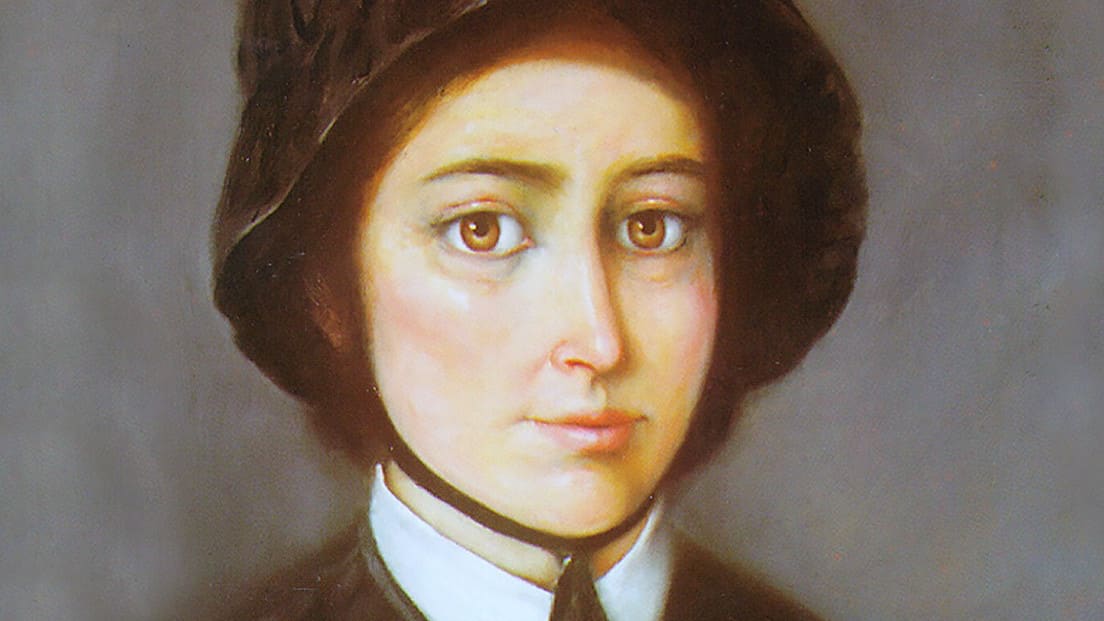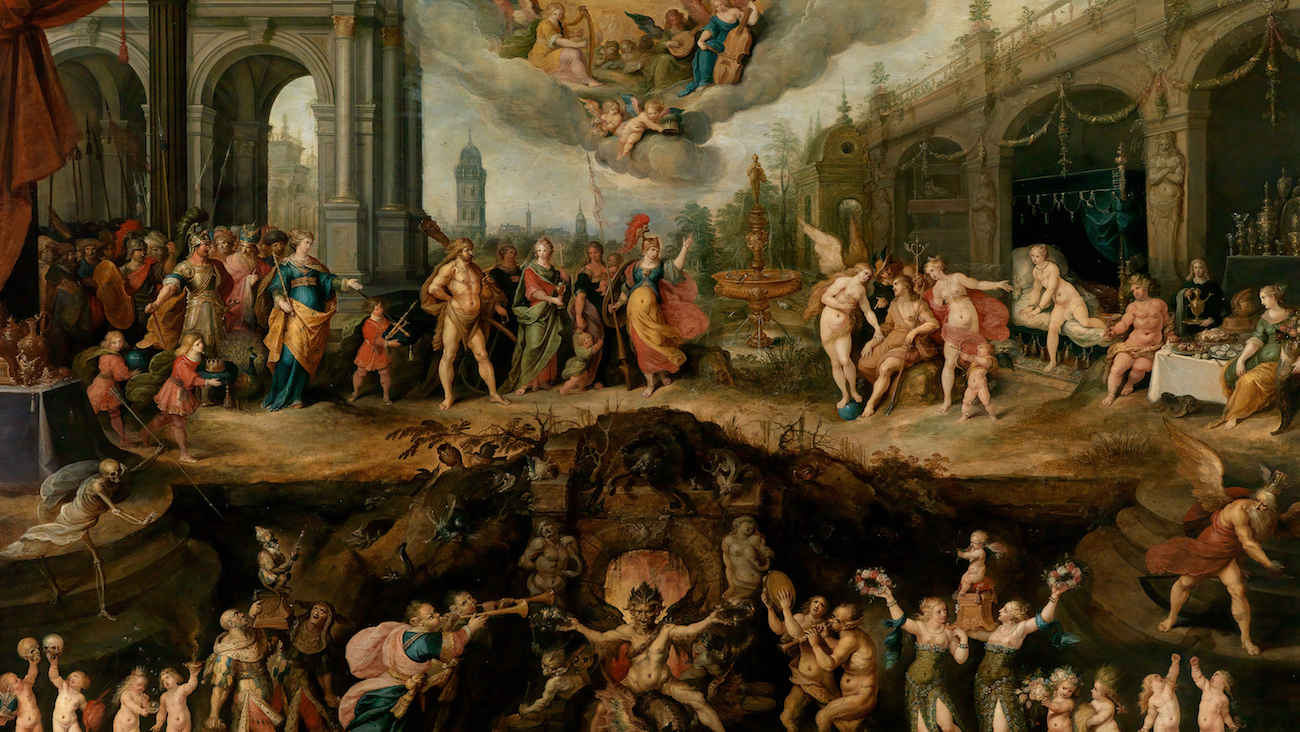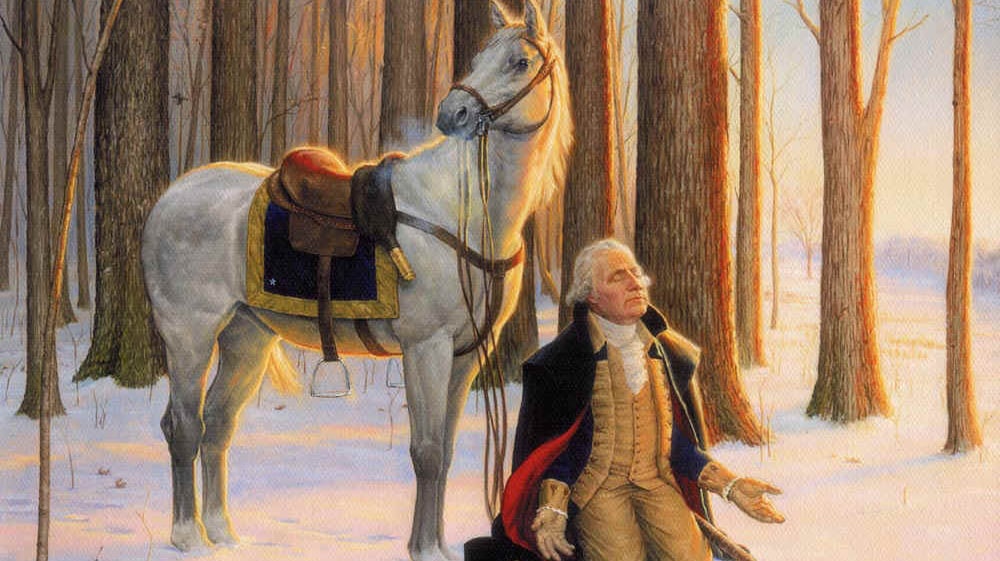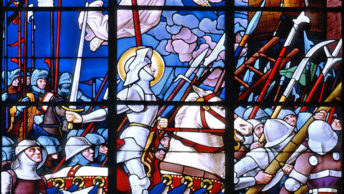As Christian people of faith we believe in the Triune God. God the Father created us. His Son, Jesus, shows us the way to the Father. The Holy Spirit inspires and guides us to be followers of Jesus, each in our own unique way.
Through faith, we receive grace that helps us to help others in accord with the teachings of Jesus. Faith is manifest by good works and good works are possible with the support of Christian virtues.
Christian virtues are based on Christian doctrine, do not change over time, and are a necessary part of our personal life. They are indispensable to us as Christians and unite us as followers of Jesus. Through them we reflect the teachings, mission and life of Jesus Christ to those around us. We nurture our own holiness, and the holiness of others, in this world and strive to get to heaven and eternal happiness in the next world.
Secular virtues neither have a religious tradition or dimension, nor an eternal destination. They serve to regulate behavior within a society and can change over time. What defines a specific virtue can evolve from humanism, culture, intellect, subjective opinions, popular vote or public policy. These virtues exist as natural qualities or dispositions.
The Catechism of the Catholic Church offers an expanded definition of virtues: ”Human virtues are firm attitudes, stable dispositions, habitual perfections of intellect and will that govern our actions, order our passions and guide our conduct according to reason and faith. They make possible ease, self mastery and joy in leading a morally good life. The virtuous man is one who freely practices the good. The moral virtues are acquired by human effort. They are the fruit and seed of morally good acts, they dispose all the powers of the human being for communion with divine love.” (1804).
A great and ongoing challenge in life is to live Christian virtues. Christian virtues bolster growth in our friendship with God and, without neglecting our responsibilities on earth, keeps our eyes focused on heaven. Virtues are like polish that makes us shine brighter so that we can reflect the teachings of Jesus better. We strive to conduct ourselves in a way pleasing to God. Peter Lombard describes virtue as a good quality of the mind, by which we live rightly, of which no one can make bad use, which God works in us without us.
A Jesus-centered lifestyle provides ample opportunities to grow in Christian virtues. Attentiveness to virtues makes us conscience of our bad habits and gives us the courage to root them out. Every virtue has a corresponding vice. Faith has doubt, hope has despair, love has indifference, justice has corruption. In the most virtuous person there is a bit of vice and in the most vile person there is a bit of virtue. As long as we strive toward that which produces good, we can live virtuously in all activities of life which includes those that are amusing and fun. A virtuous life is a well balanced life where work and maintenance tasks are just as necessary as play and other forms of recreation.
The more we understand the importance of virtues, the easier being open to their graces becomes. We are less receptive to evil inclinations because of their destructiveness and focus on that which is good in ourselves and in others. Several characteristics that help us to live the virtues are: common sense, an ordered way of thinking, proper control of the passions, good use of free choice, living the teachings of the Gospel, receiving the sacraments and daily prayer. Nourishment from daily prayer helps us to grow in these characteristics, keeps our priorities in good order and creates realistic goals.
The more we live Christian virtues, the easier it is to be receptive to the graces they bestow and the more we are aware of the truths of God. Actions that emerge from Christian virtues speak louder than words. Therefore, as Christians, we refrain from talking about the virtues in which we excel. No matter what the cost, Christian virtues teach us to live for the glory of God, helps us to maintain a greater recognition of the sacred in ordinary daily activities and sustains a clear perception of the presence of God in our lives.
Heroically living Christian virtues goes beyond time, place, knowledge and other temporal elements. All things are passing. We will not waver in living as virtuous Christians if we remain open to grace, make decisions that require the most courage, and imagine Jesus to be by our side at all times.
Abide with me; fast falls the eventide;
The darkness deepens; Lord, with me abide;
When other helpers fail and comforts flee,
Help of the helpless, oh, abide with me.
Swift to its close ebbs out lifes little day;
Earths joys grow dim, its glories pass away;
Change and decay in all around I see
O Thou who changest not, abide with me.
I need Thy presence every passing hour;
What but Thy grace can foil the tempters powr?
Who, like Thyself, my guide and stay can be?
Through cloud and sunshine, Lord, abide with me.
I fear no foe, with Thee at hand to bless;
Ills have no weight, and tears no bitterness;
Where is deaths sting? Where, grave, thy victory?
I triumph still, if Thou abide with me.
Hold Thou Thy cross before my closing eyes;
Shine through the gloom and point me to the skies;
Heavens morning breaks, and earths vain shadows flee;
In life, in death, O Lord, abide with me.
—Henry Lyte








